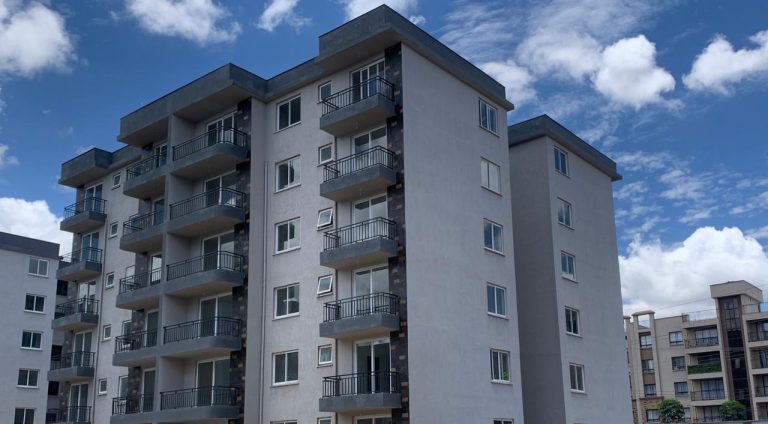Investment Opportunities in Vacation Rentals
Featured Image: Urban Park Residence in Syokimau. Very close to National Park. Ideal for Airbnb.
Investing in vacation rentals can be a lucrative opportunity, especially with the growth of platforms like Airbnb, Vrbo, and Booking.com, which have made it easier to manage short-term rentals. Here are some key aspects to consider when exploring investment opportunities in vacation rentals:
1. Market Research
- Location: The success of a vacation rental largely depends on its location. Tourist destinations, areas with unique attractions, and locations with year-round appeal (e.g., beach towns, ski resorts) tend to perform well.
- Demand: Analyze the demand for short-term rentals in the area. Consider factors like occupancy rates, average daily rates (ADR), and seasonal trends.
- Regulations: Check local regulations and zoning laws. Some areas have restrictions on short-term rentals or require specific permits and licenses.
2. Property Selection
- Type of Property: Choose between studios, apartments, single-family homes, or multi-family properties. Each has its pros and cons regarding maintenance, costs, and market appeal.
- Amenities: Properties with desirable amenities like a pool, proximity to attractions, or scenic views can command higher rental rates.
- Condition and Furnishing: The property should be in good condition or have the potential for value-adding renovations. High-quality furnishings and decor can also increase the appeal.
3. Financial Considerations
- Upfront Costs: Consider the purchase price, closing costs, and any necessary renovations. Factor in furnishing and decorating costs, which can be significant for a vacation rental.
- Ongoing Costs: These include property management fees, utilities, maintenance, insurance, and taxes. Some investors hire professional property management services to handle bookings, cleaning, and guest communication.
- Financing: Explore mortgage options and interest rates. Some lenders offer specific loan products for vacation rentals, but they may require higher down payments or have stricter terms.
4. Revenue Potential
- Rental Income: Estimate potential rental income based on occupancy rates and ADR in the area. Seasonality can impact revenue, so plan for slower months.
- Dynamic Pricing: Implement dynamic pricing strategies to maximize revenue, adjusting rates based on demand, competition, and events in the area.
- Additional Income Streams: Consider offering additional services or amenities, like concierge services or partnerships with local businesses.
5. Risk Management
- Market Volatility: The vacation rental market can be volatile due to economic conditions, natural disasters, or changes in tourism trends.
- Competition: New entrants to the market or oversupply in certain areas can drive down prices.
- Legal Risks: Ensure compliance with all local regulations to avoid fines or legal issues. Consider setting up a legal entity, like an LLC, to protect personal assets.
6. Technology and Management Tools
- Booking Platforms: Utilize online platforms like Airbnb, Vrbo, or Booking.com to reach a wider audience. Some platforms offer integrated management tools.
- Property Management Software: Consider using software for managing bookings, pricing, guest communication, and maintenance.
- Smart Home Technology: Implement smart locks, thermostats, and security cameras to improve guest experience and reduce operational headaches.
7. Exit Strategy
- Appreciation: Evaluate the potential for property value appreciation over time, which can contribute to long-term profitability.
- Alternative Uses: Consider alternative uses for the property, such as long-term rentals or selling, if the vacation rental market weakens.
- Market Timing: Keep an eye on market trends to decide the best time to sell or re-invest.
Conclusion
Vacation rentals can offer high returns, but they also come with risks and require active management. By conducting thorough market research, selecting the right property, and managing the investment effectively, you can capitalize on the growing demand for short-term accommodations.




